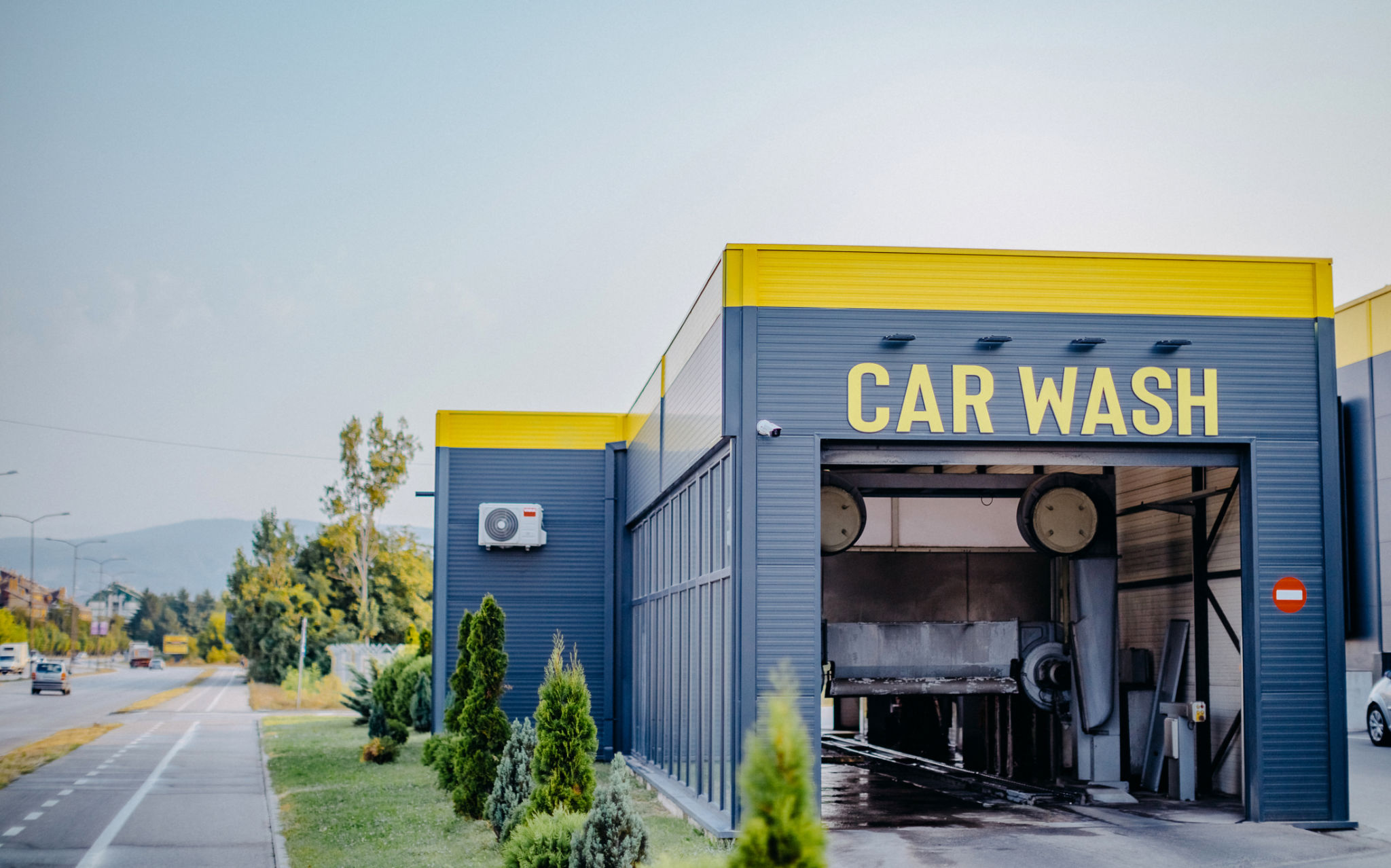Top 5 Auto Detailing Myths Debunked by Springfield Experts
Introduction to Auto Detailing Myths
Auto detailing is a meticulous process that goes beyond a simple car wash. It's about making your vehicle look as good as new, both inside and out. However, there are several myths surrounding this practice that can confuse car owners. In this post, Springfield experts debunk the top five auto detailing myths to help you maintain your vehicle effectively.
Myth 1: You Can Use Dish Soap for Car Washing
One of the most common myths is that using dish soap is a suitable alternative for car washing. Dish soap is designed to cut through grease and food residues, making it too harsh for car paint. Over time, it can strip away protective wax layers, leaving your car vulnerable to scratches and fading. Professionals recommend using a dedicated car wash shampoo that is gentle on the paint yet effective in removing dirt and grime.

Myth 2: Waxing and Polishing Are the Same
Another misconception is that waxing and polishing are the same processes. While both contribute to the appearance of your car, they serve different purposes. Polishing involves removing minor imperfections on the paint surface, such as scratches and swirl marks. Waxing, on the other hand, adds a protective layer that enhances shine and protects against environmental damage. For optimal results, it's best to polish first and then apply wax.
Myth 3: Automatic Car Washes Are Just as Good as Hand Washing
Many believe that automatic car washes provide the same results as hand washing. However, automatic washes can be harsh on your vehicle's paint due to abrasive brushes that may cause micro-scratches. Hand washing allows for more control and attention to detail, ensuring a thorough clean without damaging the exterior. Experts recommend opting for hand washing whenever possible.

Myth 4: Engine Detailing Is Unnecessary
Some car owners think engine detailing is unnecessary or purely cosmetic. In reality, keeping your engine clean has practical benefits. It helps prevent rust and corrosion while making it easier to spot potential issues such as fluid leaks. Regular engine detailing can enhance your vehicle's longevity and reliability, making it a vital part of comprehensive auto care.
Myth 5: New Cars Don't Need Detailing
Finally, there's a belief that new cars don't require detailing. While new vehicles may look flawless, they can still benefit from protective measures like waxing and sealants to maintain their pristine condition. Detailing helps shield the paintwork from UV rays, bird droppings, and other environmental hazards. Starting a detailing routine early can preserve your car's value and appearance over time.

Conclusion
Understanding the truth behind these auto detailing myths can help you make informed decisions about maintaining your vehicle. By following expert advice from Springfield professionals, you can ensure your car remains in excellent condition for years to come. Remember, investing in proper care today can save you from costly repairs in the future.
If you have any further questions about auto detailing or need professional services, don't hesitate to reach out to local experts who are ready to assist you with their knowledge and experience.
